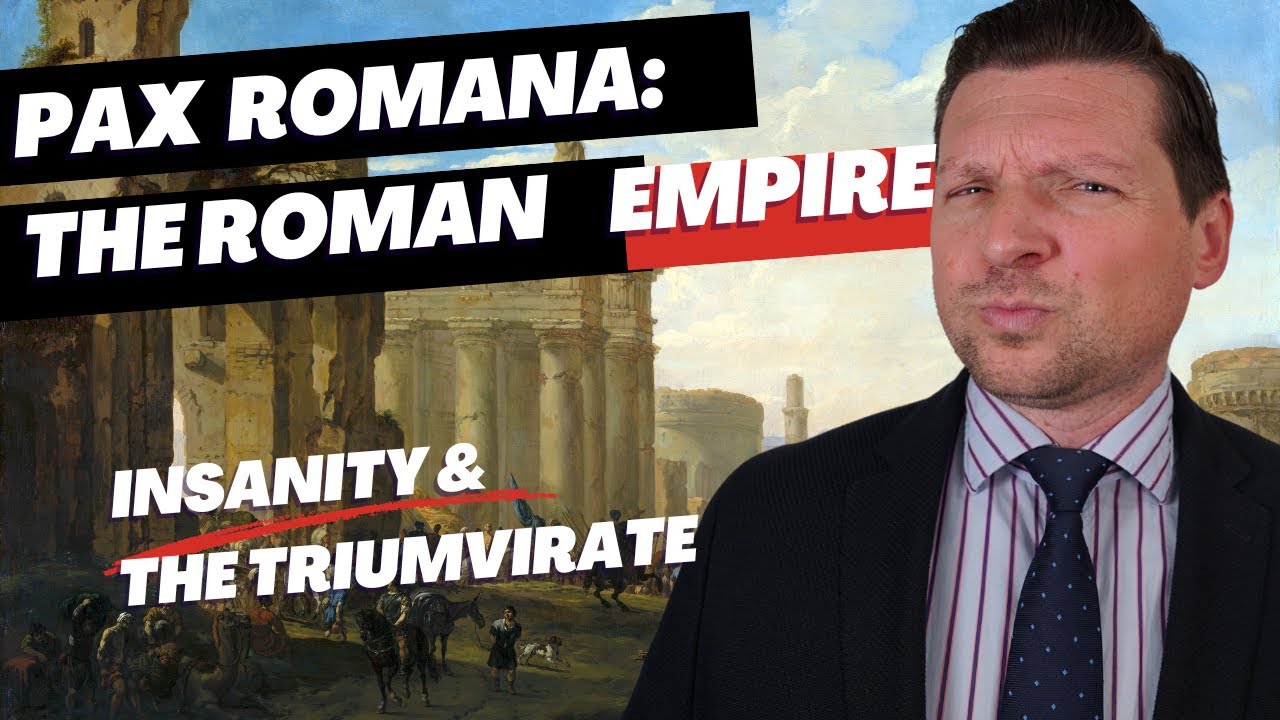The video offers a detailed examination of the Roman Empire, focusing on the pivotal periods of the Triumvirate, the Pax Romana, and the cyclical nature of history in terms of peace and conflict. Through an analysis of historical events and philosophical insights, it provides a unique perspective on how these cycles have influenced not only the past but also how they continue to resonate in modern times.
Takeaways
- 🕊️ Pax Romana Overview: The video discusses the Pax Romana, a period of unparalleled peace and stability across the Roman Empire, initiated by Emperor Augustus after the end of the Triumvirate and the subsequent power struggles.
- 🔁 Historical Cycles: It delves into the cyclical nature of history, emphasizing how periods of peace and conflict follow one another, influencing societal and personal growth.
- 🤔 Philosophical Insights: Philosophical reflections, including those from Dante, are used to explore the deeper meanings behind these historical cycles, suggesting that peace and conflict are necessary for the evolution of society and the individual.
- ⚖️ Legal and Cultural Transformations: The simplification of Roman law under Justinian is highlighted as a pivotal moment that significantly influenced Western legal systems, showcasing the impact of Roman culture on modern governance.
- ✝️🏛️ Constantine’s Contributions: The video notes Constantine’s significant role in shaping the future of the Roman Empire, particularly through his establishment of Constantinople and the integration of Christian principles into Roman governance.
Summary
- The Pax Romana period is portrayed as a significant era of peace, illustrating how the Roman Empire achieved stability and prosperity after turbulent times.
- Cycles of history are presented as inherent to human society, with the video emphasizing the importance of both peace and conflict in driving historical and personal development.
- Philosophical discussions offer insight into how these cycles can be understood and appreciated, suggesting that they play a crucial role in the broader narrative of human history.
- The impact of legal reforms, particularly under Justinian, is explored, demonstrating how the Roman Empire laid the foundations for the legal systems that underpin Western society today.
- Constantine’s influence on the Roman Empire and Christianity is discussed, highlighting his strategic and cultural decisions that have had long-lasting effects on history.


